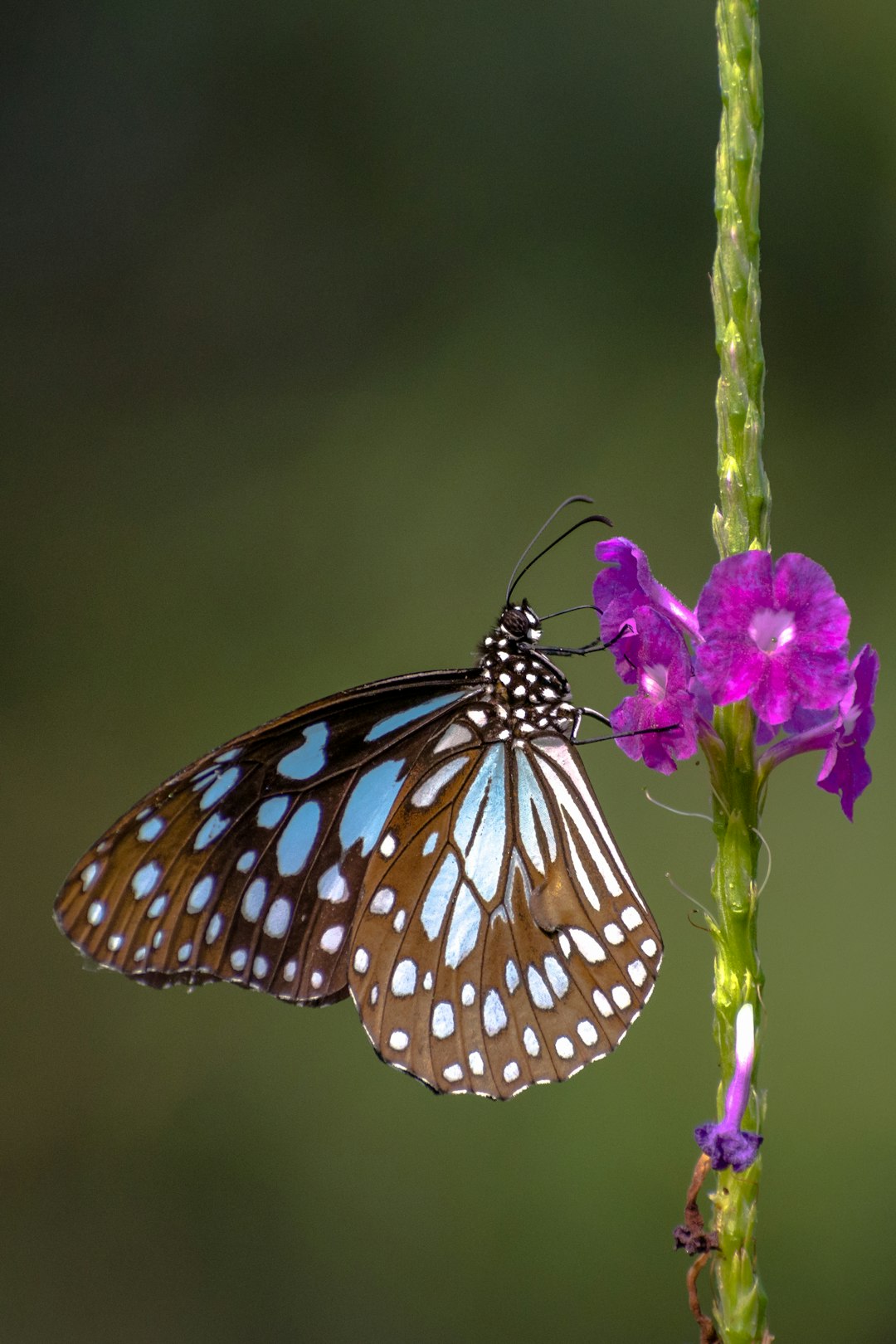Bird migration is one of the most fascinating phenomena in nature. Every year, billions of birds travel thousands of miles across the globe, navigating vast distances with precision and skill. From the tiny hummingbird to the mighty albatross, birds of all sizes and shapes participate in this incredible journey, making it one of the most awe-inspiring spectacles in the natural world.
One of the most remarkable aspects of bird migration is the incredible distances that some species cover. The Arctic Tern, for example, holds the record for the longest migration of any bird, traveling an astounding 44,000 miles from its breeding grounds in the Arctic to its wintering grounds in the Antarctic and back again. Other species, such as the Bar-tailed Godwit, undertake non-stop flights of over 7,000 miles across the Pacific Ocean, demonstrating the extraordinary endurance and stamina of these birds.
But what drives birds to embark on these epic journeys? The primary reason for migration is the search for food and suitable breeding grounds. Many birds breed in the temperate regions of the world during the summer months when food is abundant, but as winter approaches and food becomes scarce, they must travel to warmer climates to survive. By migrating to different areas throughout the year, birds can take advantage of the seasonal changes in food availability and ensure their survival.
Migration also allows birds to escape harsh weather conditions, such as extreme cold or drought, that may make it difficult for them to find food or breed successfully. By moving to more hospitable environments, birds can increase their chances of surviving and reproducing, thus ensuring the continuation of their species.
The ability of birds to navigate such vast distances with pinpoint accuracy is truly remarkable. While the exact mechanisms behind migration remain a mystery, scientists believe that birds use a combination of celestial cues, such as the position of the sun and stars, Earth’s magnetic field, and landmarks to navigate their way across the globe. Some species, such as the Homing Pigeon, are even able to navigate back to their exact breeding grounds using their remarkable homing abilities.
As climate change and habitat destruction continue to threaten bird populations around the world, understanding and protecting bird migration has never been more important. By conserving crucial stopover sites and migratory routes, we can help ensure the survival of these incredible creatures and preserve the wonder of bird migration for generations to come.
So next time you see a flock of birds flying overhead, take a moment to marvel at the incredible journey they are undertaking. The fascinating world of bird migration is a testament to the perseverance and resilience of these remarkable creatures, and a reminder of the interconnectedness of all living things on our planet.


